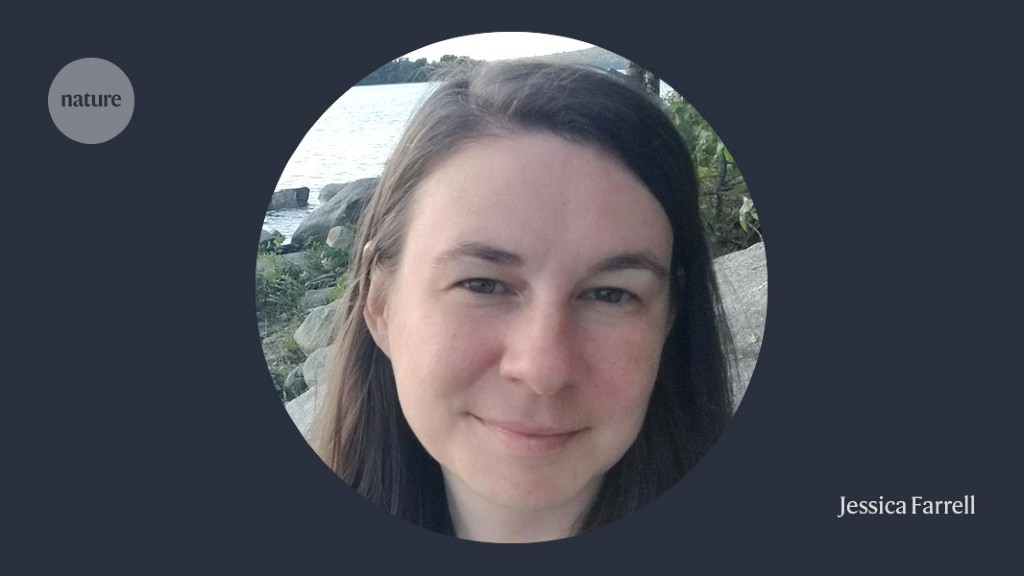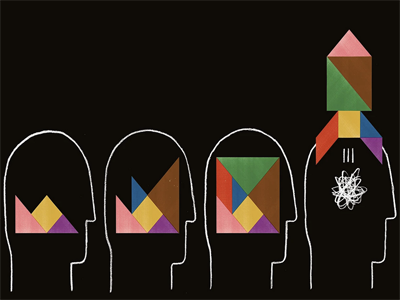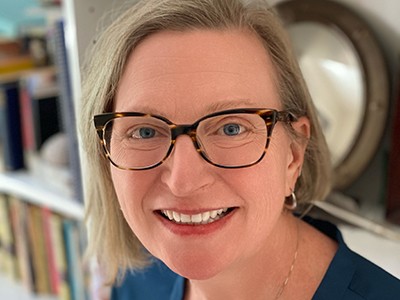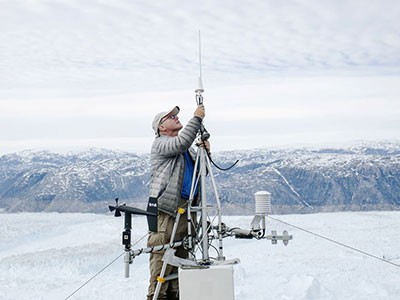The ‘Yr of Open Science’, as declared by the US Workplace of Science and Know-how Coverage (OSTP), is now wrapping up. This adopted an August 2022 memo from OSTP performing director Alondra Nelson, which mandated that information and peer-reviewed publications from federally funded analysis must be made freely accessible by the top of 2025. Federal companies are required to publish full plans for the change by the top of 2024.
However the specifics of how information can be preserved and made publicly out there are removed from being nailed down. I labored in archives for ten years and now facilitate two digital-archiving communities, the Software program Preservation Community and BitCurator Consortium, at Educopia in Atlanta, Georgia. The experience of individuals comparable to myself is usually ignored. Extra open-science initiatives have to combine digital archivists and librarians, to capitalize on the instruments and approaches that we’ve got already created to make information accessible and open to the general public.
Easy methods to make your scientific information accessible, discoverable and helpful
Making information open and ‘FAIR’ — findable, accessible, interoperable and reusable — poses technical, authorized, organizational and monetary questions. How can organizations finest coordinate to make sure common entry to disparate information? Who will try this work? How can we be sure that the information stay open lengthy after grant funding runs dry?
Many archivists agree that technical questions are probably the most solvable, given sufficient funding to cowl the labour concerned. However they’re nonetheless advanced. Ideally, any open analysis must be testable for reproducibility, however re-running scripts or procedures won’t be attainable except all the required coding libraries and environments used to analyse the information have additionally been preserved. Moreover the contents of spreadsheets and databases, scientific-research information can embody 2D or 3D pictures, audio, video, web sites and different digital media, all in quite a lot of codecs. A few of these is perhaps accessible solely with proprietary or outdated software program.
Librarians have many instruments that may assist, comparable to ReproZip, created by Rémi Rampin and supported by Vicky Rampin at New York College in 2013. This software program brings collectively into one package deal all the information information, libraries, environmental variables and choices wanted to breed analysis. The open-source software program BitCurator has supported digital archiving work since 2011. Because of years of labor by many archivists, the US Library of Congress and the UK Nationwide Archives each keep registries of file codecs and what software program is required to open them.
Why NASA and federal companies are declaring this the Yr of Open Science
Authorized and organizational limitations are trickier. For instance, in america, underneath the 1998 Digital Millennium Copyright Act, a library couldn’t break a digital lock on software program, even for preservation or analysis. A protracted-lost password, a defunct authentication server or a damaged dongle might render information inaccessible. Because of advocacy by the Software program Preservation Community, up to date guidelines permit libraries to interrupt these locks to protect software program of their collections, guaranteeing long-term entry to information. The Software program Preservation Community continues to press for coverage modifications that allow the preservation of and entry to software program.
There’s additionally nobody physique to offer oversight for guaranteeing information are open. Funders ought to contemplate how they may assist the formation of organizations that do that, made up of each scientists and knowledge scientists, to assist to coordinate throughout initiatives and keep away from duplications.
All of this requires individuals to beat outdated misconceptions of librarianship. In the event you’re a scientist who has by no means considered archivists earlier than, there is perhaps cultural causes for that. Data science is a feminized area, and archivists are sometimes underpaid and perceived as administrative assist employees, not co-creators within the knowledge-production course of. Archives are sometimes imagined as packing containers of dusty papers, however most archives immediately keep huge quantities of digital information. Data administration is an educational self-discipline and must be handled as such.
Make scientific information FAIR
Thankfully, there are examples of fruitful partnerships between researchers and archivists. NASA’s Yr of Open Science and the Scientific Data Service at CERN close to Geneva, Switzerland, co-hosted an open-science summit in July. My colleague Paul Gignac, a vertebrate palaeontologist on the College of Arizona in Tucson, sought out the experience of digital archivists when organising the NSF-funded Non-Scientific Tomography Customers Analysis Community. The mission is investigating learn how to protect 3D-imaging information units and learn how to monitor vital contextual data, comparable to the place the information got here from and notes on reproducibility. Gignac discovered that utilizing information-science instruments and requirements — comparable to together with metadata about how supplies have been preserved — helped to make sure that information have been FAIR with out reinventing the wheel. He additionally collaborates with the Information Curation Community, a neighborhood hub hosted by the College of Minnesota in Minneapolis, which anybody can be a part of.
Many digital archivists and scientists share a imaginative and prescient of a world by which dependable open information are maintained, high quality scientific data is accessible no matter revenue or location and — as has lately grow to be vital — giant language fashions could be educated on well-curated open information as a substitute of on information of unverified high quality used with out permission. The experience of digital archivists can assist scientists and society to extract most profit from the transition to open entry.
Competing Pursuits
J.F. is an worker at Educopia Institute, which fiscally hosts some, however not all, of the communities and initiatives talked about on this piece. Educopia is a nonprofit analysis institute.




